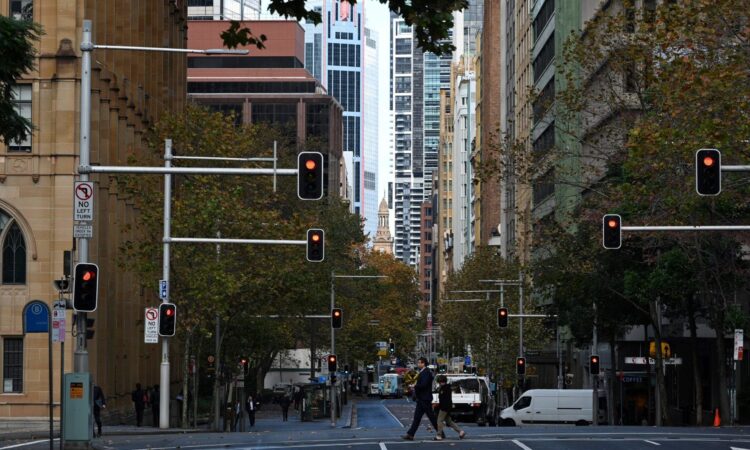
Recessions and depressions have similar causes, but the overall impact of a depression is much, much worse. There are greater job losses, higher unemployment and steeper declines in GDP. Most of all, a depression lasts longer—years, not months—and it takes more time for the economy to recover.
Economists do not have a set definition or fixed measurements to show what counts as a depression. Suffice to say, all the impacts of a depression are deeper and last longer. In the past century, Australia has faced just one depression: The Great Depression.
The Great Depression
The Great Depression started in 1929 and lasted through 1933, although the economy didn’t really recover until World War II, nearly a decade later. The 1929 crash on Wall Street hit Australia hard, with jobs thin on the ground and living standards curtailed. A five-year unemployment average for 1930-34 was 23.4%, however it peaked at a staggering 30%—almost one in three—in 1932.
During the Great Depression in the US, unemployment rose to 25% and the GDP fell by 30%. It was the most unprecedented economic collapse in modern U.S. history.
By way of comparison, the Great Recession in the US was the worst recession since the Great Depression. During the Great Recession, unemployment peaked around 10% and the recession officially lasted from December 2007 to June 2009, about a year and a half.
Some economists feared that the coronavirus recession could morph into a depression, with unemployment hitting 14.7% in May 2020, which is the worst level seen since the depths of the Great Recession.





